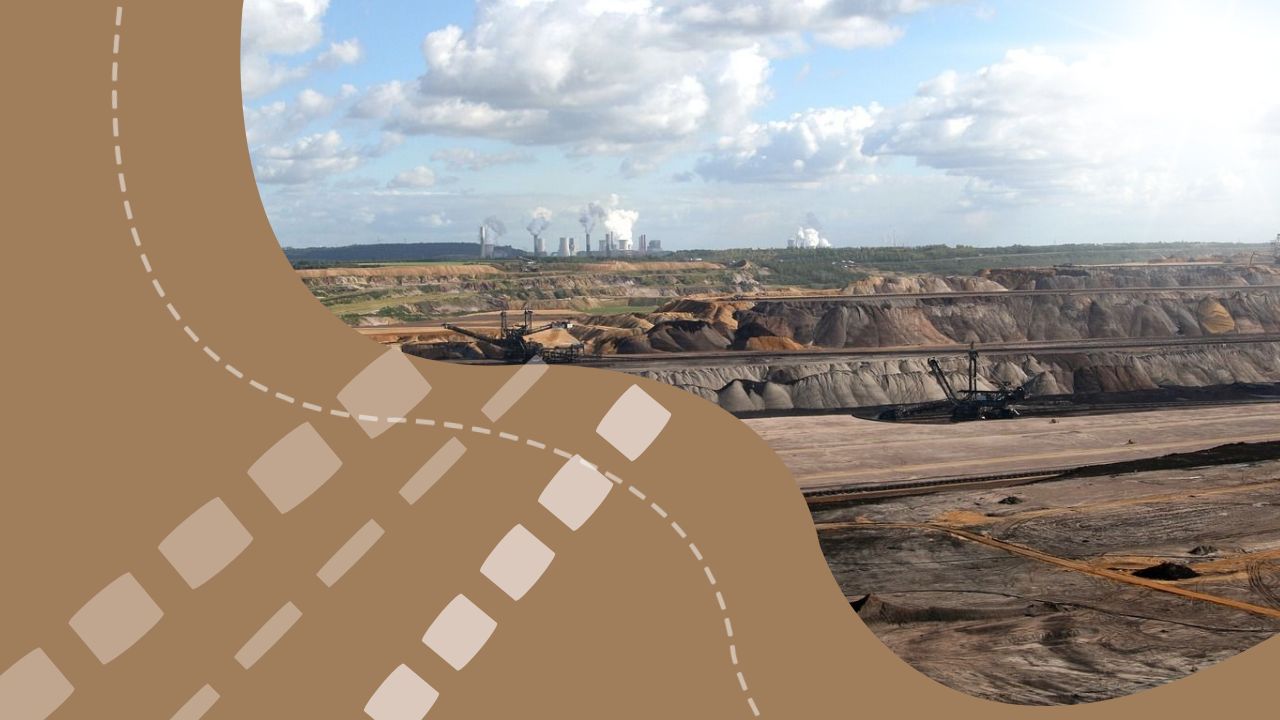European steel producers and several EU governments are calling for stronger trade restrictions on steel imports, but recent data shows the real issue lies in pricing pressures rather than surging volumes.
Industry associations Eurofer and UNESID, along with companies such as ArcelorMittal Europe, voestalpine, Thyssenkrupp, Outokumpu, and Aperam, have urged the European Commission to replace current safeguard measures with tougher trade instruments. Eleven EU member states, including Austria, France, Italy, and Poland, have also proposed cutting tariff-rate quotas (TRQs) by 40–50%.
Yet import volumes remain stable. In the first half of 2025, the EU imported 18.7 million tons of steel – nearly unchanged from the 18.9 million tons a year earlier. Eurofer data also shows import shares in EU consumption have stayed steady for the past five years: 20–25% for flat products and 10–13% for long products.
Instead, the pressure on Europe’s steel industry comes from sharp price declines. Since May, hot-rolled coil prices have dropped 12.9% and rebar by 6.1%, squeezing margins and reducing capacity utilization. EU producers already face higher energy costs, stricter environmental commitments, and tougher decarbonization requirements compared to non-EU suppliers.
Southeast Asian exporters, particularly from Indonesia and Malaysia, have intensified competition in 2025 by undercutting rivals. Indonesian hot-rolled coil offers fell by €75/t between March and July, while Turkish offers dropped €80/t over the same period. Developing countries exempt from safeguard quotas have been able to ship unlimited volumes, with Indonesia, Malaysia, and Algeria sending 460,000 tons of hot-rolled coil to the EU in Q2 – nearly 25% more outside the regulated TRQ system.
While the Carbon Border Adjustment Mechanism (CBAM) will begin full implementation in 2026, steelmakers argue more immediate protections are needed. However, experts warn that sweeping restrictions could create a supply shock, potentially raising prices by €100–200/t and destabilizing downstream industries.
Analysts suggest the EU should focus on closing TRQ loopholes, enhancing price monitoring, and accelerating anti-dumping and countervailing investigations rather than restricting imports across the board. Investigations currently take 12–14 months, leaving producers vulnerable in the meantime.
Imports have not surged, with flat product imports actually down 5.6% year-on-year in 1H 2025. Industry leaders say the priority should be protecting fair competition and targeting unfair practices, not limiting trade overall.

